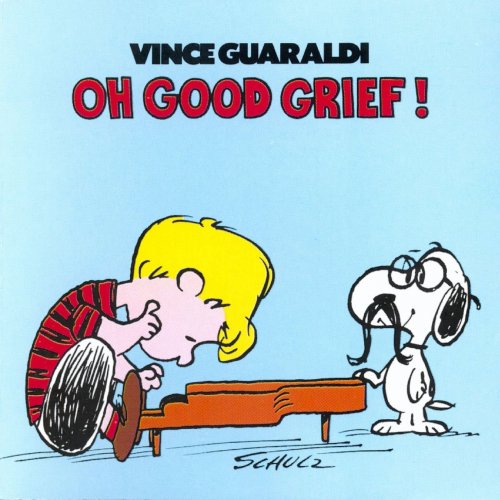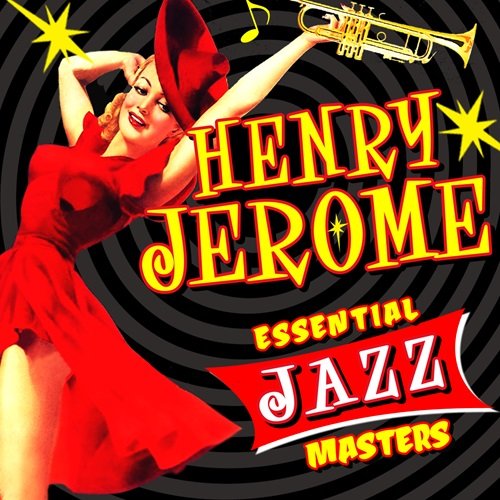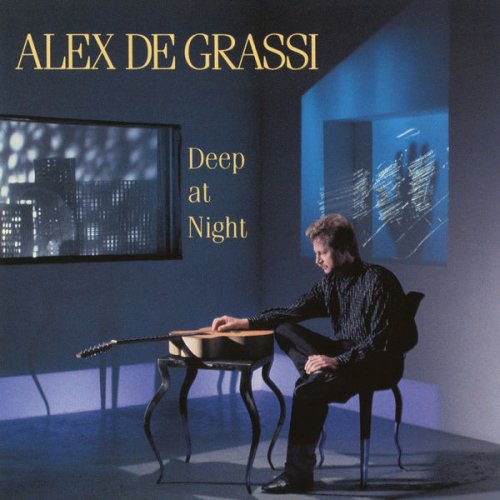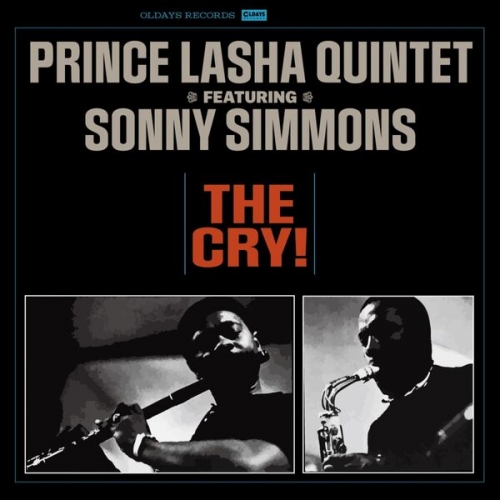Ivor Bolton - Handel: Giulio Cesare in Egitto (2013) [Hi-Res]
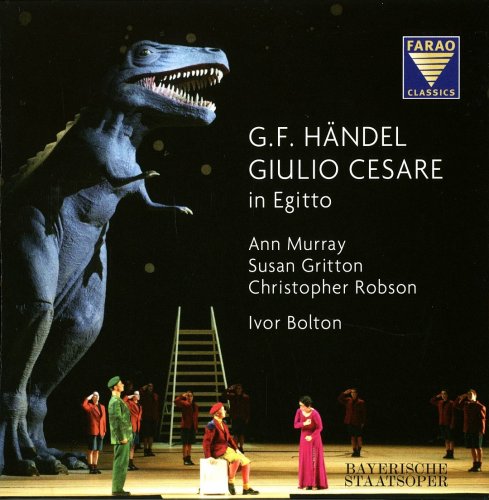
Artist: Ann Murray, Susan Gritton, Bayerisches Staatsorchester, Ivor Bolton, Patricia Bardon, Katarina Karnéus, Christopher Robson, Axel Köhler, Marcello Lippi, Jan Zinkler
Title: Handel: Giulio Cesare in Egitto
Year Of Release: 2013
Label: Farao Classics
Genre: Classical
Quality: FLAC (tracks) [48kHz/24bit] / FLAC (image + .cue, log, artwork)
Total Time: 2:48:24
Total Size: 1.8 GB / 925 MB
WebSite: Album Preview
Tracklist:Title: Handel: Giulio Cesare in Egitto
Year Of Release: 2013
Label: Farao Classics
Genre: Classical
Quality: FLAC (tracks) [48kHz/24bit] / FLAC (image + .cue, log, artwork)
Total Time: 2:48:24
Total Size: 1.8 GB / 925 MB
WebSite: Album Preview
CD 1
01. Overture: Grave - Allegro
02. Viva il nostro Alcide (Chorus)
03. Aria. Presto omai (Cesare)
04. Curio, Cesare venne e vide (Cesare, Curio)
05. Aria. Empio, diro tu sei (Cesare)
06. Recitative. Madre! (Sesto, Cornelia)
07. Aria. Priva son d'ogni conforto (Cornelia)
08. Recitative. Vani sono i lamenti (Sesto)
09. Aria. Svegliatevi nel core (Sesto)
10. Recitative. Regina, infausti eventi! (Nireno, Cleopatra)
11. Aria. Non disperar, chi sa? (Cleopatra)
12. Recitative. Sire,Signor! (Achilla, Tolomeo)
13. Aria. L'empio, sleale, indegno (Tolomeo)
14. Accompagnato. Alma del gran Pompeo (Cesare)
15. Qui nobile donzella (Cesare)
16. Arioso. Nel tuo seno, amico sasso (Cornelia)
17. Recitative. Ma che! Vile e negletta (Cornelia, Cleopatra, Nireno)
18. Aria. Tu la mia stella sei (Cleopatra)
19. Recitative. Cesare, alla tua destra (Tolomeo, Cesare)
20. Aria. Va tacito e nascosto (Cesare)
21. Recitative. Sire, con Sesto il figlio (Achille, Tolomeo, Cornelia)
22. Aria. Tu sei il cor di questo core (Achilla)
23. Recitative. Madre! (Sesto, Cornelia)
24. Duet. Son nata - O a lagrimar - Sospirar (Cornelia, Sesto)
CD 2
01. Recitative. Eseguisti, oh Niren, quanto t'imposi? (Cleopatra, Nireno)
02. Sinfonia
03. Giulio, che miri?
04. Aria. V'adoro, pupille (Cleopatra)
05. Giulio Cesare in Egitto, HWV 17, Act II scene 2: Recitative. Vola, mio cor, al doce incanto … (Cesare, Nireno)
06. Aria. Se in fiorito ameno prato (Cesare)
07. Arioso. Deh. Piangete, oh mesti lumi (Cornelia)
08. Recitative. Bella, non lagrimare! (Achilla, Cornelia)
09. Aria. Si, spietata, il tuo rigore (Tolomeo)
10. Recitative. Su, che si tarda? (Cornelia, Sesto)
11. Aria. Cessa omai di sospirare! (Cornelia)
12. Recitative. Figlio non e, che vendicar non cura (Sesto)
13. L'angue offeso mai riposa (Sesto)
14. Esser qui deve in breve (Cesare)
15. Venera bella (Cleopatra)
16. Recitative. Che veggio, on numi? (Cesare, Cleopatra)
17. Aria. Al lampo dell'armi (Cesare)
18. Accompagnato. Che sento? (Cleopatra)
19. Aria. Se pietà di me non senti (Cleopatra)
CD 3
01. Sinfonia
02. Recitative. Vinta cadesti al balenar di questo (Tolomeo, Cleopatra)
03. Aria. Domero la tua fierezza (Tolomeo)
04. Recitative. E pur così in un giorno (Cleopatra)
05. Aria. Piangero la sorte mia (Cleopatra)
06. Recitativo accompagnato: Dall'ondoso periglio and Aria. Aure, deh, per pieta (Cesare)
07. Recitative. Cerco invan Tolomeo (Sesto, Achilla, Nireno)
08. Aria. Quel torrente, che cade dal monte (Cesare)
09. Accompagnato. Voi che mie fide ancelle un tempo foste (Cleopatra)
10. Recitative. Forzai l'ingresso a tua salvezza, oh cara! (Cesare, Cleopatra)
11. Aria. Da tempeste il legno infranto (Cleopatra)
12. Recitative. Cornelia, e tempo omai (Cornelia, Tolomeo)
13. Aria. Non ha più che temere (Cornelia)
14. Sinfonia
15. Qui Curio vincitor, qui tio l'Egitto (Nireno, Cesare, Sesto)
16. Giulio Cesare in Egitto, HWV 17, Act III Finale. Duet. Più amabile belta (Cleopatra, Cesare)
17. Giulio Cesare in Egitto, HWV 17, Act III Finale. Recitative. Goda pur or l'Egitto (Cesare)
18. Ritorni omai nel nostro core (Tutti)
The vast discography of Giulio Cesare in Egitto (1724) is a proverbial mixed bag. The Bavarian State Opera’s 1994 production typified the modernist traditionalism of ridiculous concepts invented to stop the audience from getting too bored with Handel’s work. Sir Peter Jonas’s polemical booklet-note insinuates that anyone who disagrees with such a supposedly ‘relevant’ approach is clearly not intelligent enough, but it is not difficult to understand the damaging impact of heavy cuts and ending Act 2 in the wrong place. Ivor Bolton’s coaching of the Bavarian orchestra results in a convincing pseudo-Baroque style; Cesare’s ‘Va tacito e nascosto’ is diminished by its reckless briskness; but I am glad to have heard Susan Gritton’s moving performance of ‘Se pietà’.
Even accomplished studio versions of the opera are seldom consistently satisfying, so there is room for Alan Curtis’s stylistic sincerity, fidelity to the unabridged text and sensible casting. In a few previous projects Il Complesso Barocco’s playing sounded disengaged from the emotional ebb and flow of the drama but on this occasion it never seems perfunctory. Judiciously paced recitatives are accompanied unobtrusively and always permit the poetry to flow with the utmost clarity; this allows the listener to absorb the delivery of characters’ lines. It is a refreshing antidote to Baroque opera performances which seem obsessed with hurrying up as much as possible in order to get to the next aria, or spice up the continuo parts to distraction.
Curtis wisely pays diligent attention to Handel’s tempo markings: Cesare’s ‘Empio, dirò, tu sei’ has righteous anger but is not so rushed that the words are lost; the mournful ombra music in the middle of Sesto’s vengeance aria ‘Svegliatevi nel core’ is ideally spellbinding, whereas its fast sections are dogmatic enough to convey determination rather than merely superficial volatility. Tolomeo’s spiteful ‘L’empio, sleale, indegno’ is adeptly characterised by the animated strings, and Cesare’s ‘Va tacito e nascosto’ is judged astutely as a stealthy conspiratorial aside to the audience. A genuine effort has been made to make the onstage band in the Parnassus scene (‘V’adoro pupille’) sound from a distance and the spatial texture with the rest of the orchestra is beguiling.
There are no weak links vocally. Marie-Nicole Lemieux is a dependable Cesare and Karina Gauvin is an eloquent, steely Cleopatra. Emo˝ke Baráth’s Sesto is ideally fresh-voiced and Romina Basso is a perfect fit for Cornelia; their unforced voices blend together exquisitely in an achingly beautiful performance of the duet ‘Son nata a lagrimar’. It also seems right that Johannes Weisser sings Achilla’s ‘Tu se il cor’ initially as an attempt to be genuinely seductive rather than to clumsily bully Cornelia from the outset. My only reservation is that in some slower arias fiddly embellishments seem convoluted where I would have liked to sense Handel’s melodic genius breathing more freely. However, Curtis’s outstanding performance ranks comfortably alongside George Petrou’s dissimilar (and occasionally quirky) version as the most satisfying studio recordings of Handel’s most famous opera. -- David Vickers, Gramophone
Even accomplished studio versions of the opera are seldom consistently satisfying, so there is room for Alan Curtis’s stylistic sincerity, fidelity to the unabridged text and sensible casting. In a few previous projects Il Complesso Barocco’s playing sounded disengaged from the emotional ebb and flow of the drama but on this occasion it never seems perfunctory. Judiciously paced recitatives are accompanied unobtrusively and always permit the poetry to flow with the utmost clarity; this allows the listener to absorb the delivery of characters’ lines. It is a refreshing antidote to Baroque opera performances which seem obsessed with hurrying up as much as possible in order to get to the next aria, or spice up the continuo parts to distraction.
Curtis wisely pays diligent attention to Handel’s tempo markings: Cesare’s ‘Empio, dirò, tu sei’ has righteous anger but is not so rushed that the words are lost; the mournful ombra music in the middle of Sesto’s vengeance aria ‘Svegliatevi nel core’ is ideally spellbinding, whereas its fast sections are dogmatic enough to convey determination rather than merely superficial volatility. Tolomeo’s spiteful ‘L’empio, sleale, indegno’ is adeptly characterised by the animated strings, and Cesare’s ‘Va tacito e nascosto’ is judged astutely as a stealthy conspiratorial aside to the audience. A genuine effort has been made to make the onstage band in the Parnassus scene (‘V’adoro pupille’) sound from a distance and the spatial texture with the rest of the orchestra is beguiling.
There are no weak links vocally. Marie-Nicole Lemieux is a dependable Cesare and Karina Gauvin is an eloquent, steely Cleopatra. Emo˝ke Baráth’s Sesto is ideally fresh-voiced and Romina Basso is a perfect fit for Cornelia; their unforced voices blend together exquisitely in an achingly beautiful performance of the duet ‘Son nata a lagrimar’. It also seems right that Johannes Weisser sings Achilla’s ‘Tu se il cor’ initially as an attempt to be genuinely seductive rather than to clumsily bully Cornelia from the outset. My only reservation is that in some slower arias fiddly embellishments seem convoluted where I would have liked to sense Handel’s melodic genius breathing more freely. However, Curtis’s outstanding performance ranks comfortably alongside George Petrou’s dissimilar (and occasionally quirky) version as the most satisfying studio recordings of Handel’s most famous opera. -- David Vickers, Gramophone
![Tim Richards - Tim Richards Hextet Telegraph Hill (2018) [Hi-Res] Tim Richards - Tim Richards Hextet Telegraph Hill (2018) [Hi-Res]](https://www.dibpic.com/uploads/posts/2025-12/1766996852_rqnxdiia2f5nc_600.jpg)

![Johnny Janis - Playboy Presents... Once In a Blue Moon (2015) [Hi-Res] Johnny Janis - Playboy Presents... Once In a Blue Moon (2015) [Hi-Res]](https://img.israbox.com/img/2025-12/29/hpechfkz7kpvyn01p0qdae2u4.jpg)


